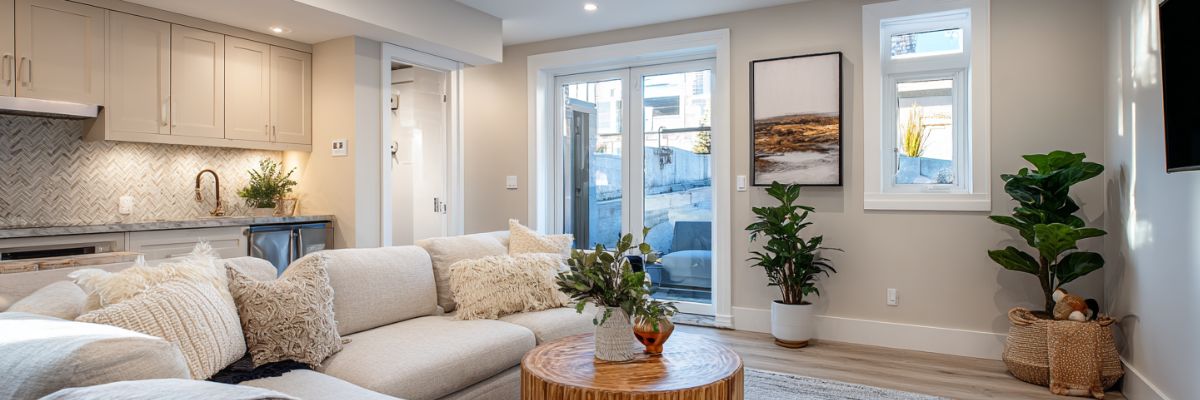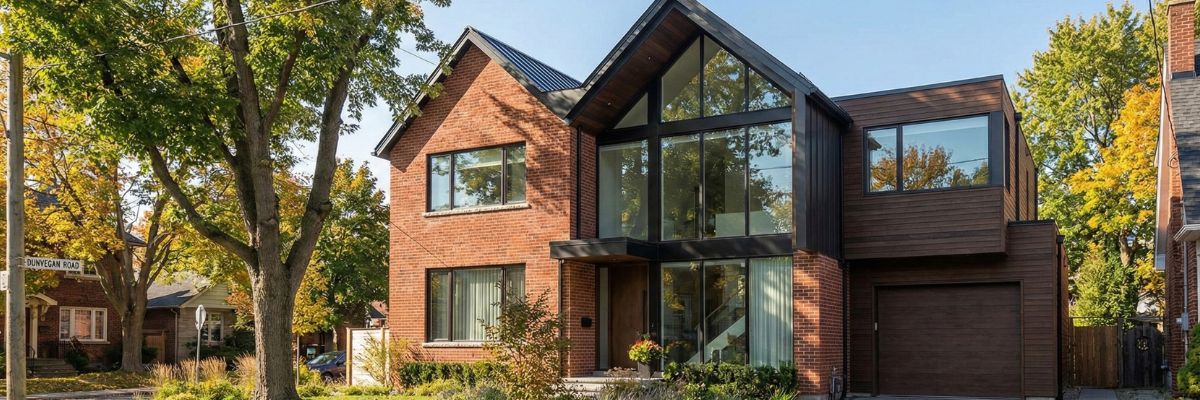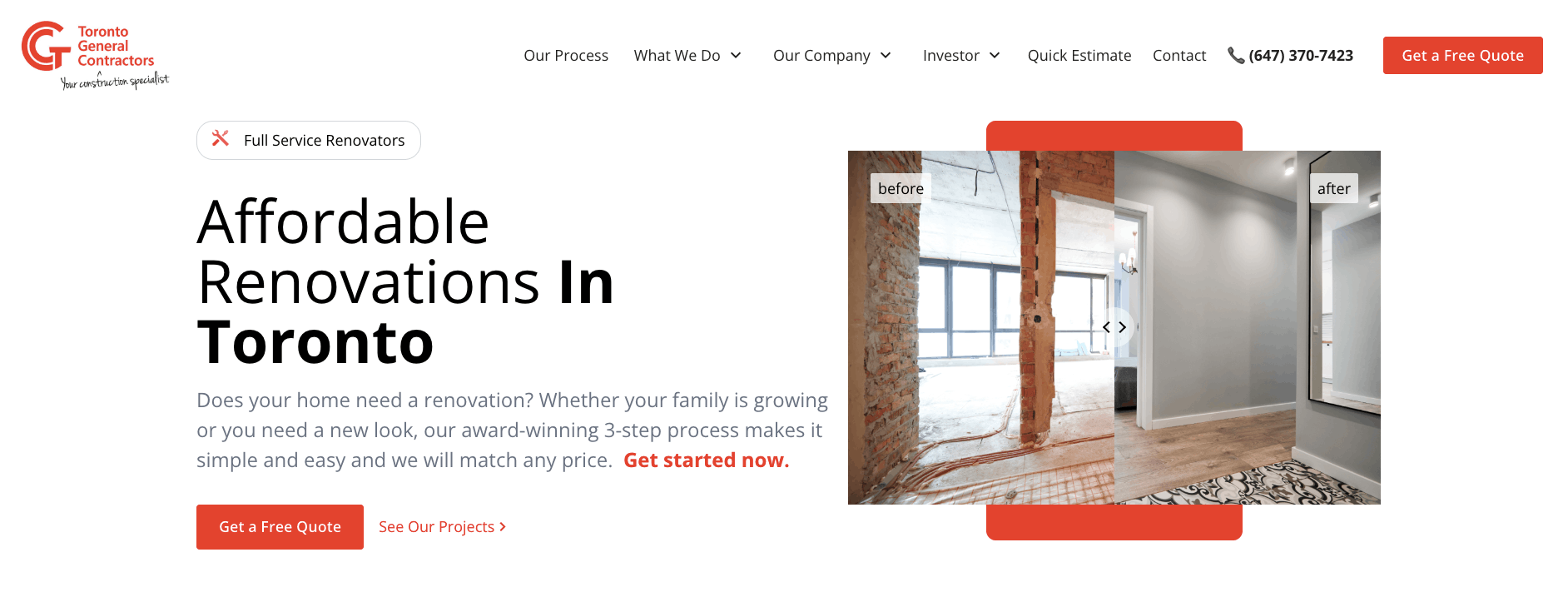Do You Need A Permit For Garage Additions In Toronto?
In Toronto, you need a building permit for a garage addition whether the structure is attached or detached. Attached garages require a permit regardless of size. Detached garages require a permit if they are over 10 square meters (about 107 square feet) - a size most garage projects exceed. The permit process ensures the garage is built safely, meets the Ontario Building Code, and complies with local zoning bylaws.
.jpg)
Why a Garage Addition Requires a Permit
Garage construction changes the footprint of your property and often involves structural, electrical, or mechanical work. A building permit confirms that your plans meet all technical and legal requirements before construction begins. It also ensures inspections are completed during and after construction to verify safety and quality.
Building without a permit can lead to fines, stop-work orders, and even removal of the garage. Compliance protects you legally and adds value to your property when selling in the future.
Understanding the Rules for Attached and Detached Garages
For attached garages, a permit is always required, regardless of square footage. This is because the garage connects directly to the main home, affecting its structure, fire separation, and possibly mechanical systems.
For detached garages, the City of Toronto requires a permit if the structure is larger than 10 square meters. While smaller sheds or accessory buildings under this limit may not require a permit, most full garage builds are well over this size. Detached garages also must comply with the same zoning rules for setbacks, height, and lot coverage.
Zoning Compliance for Garage Additions
Before submitting your permit application, confirm that your property’s zoning allows for the garage size and placement you are proposing. Zoning bylaws cover:
- Setbacks - The minimum distance from property lines, sidewalks, or neighbouring buildings
- Height restrictions - The maximum allowable height for your garage
- Lot coverage - The percentage of your lot that can be occupied by structures
If your design exceeds these limits, you will need to apply for a minor variance through the Committee of Adjustment before proceeding.
Preparing and Submitting Your Permit Application
Your permit application must include detailed plans and site drawings, often prepared by a licensed architect or designer. These should show:
- The property layout with the garage location and dimensions
- Foundation, framing, and roof details
- Exterior elevations
- Cross-sections
- Any electrical, plumbing, or HVAC plans if applicable
The City of Toronto offers two submission options:
- Detached garages - Can often be submitted through the City’s Express web application portal for faster processing
- Attached garages - Must be submitted by email to Toronto Building along with all required documentation
Additional Permits for Electrical, Plumbing, or HVAC
If your garage will have electrical wiring, plumbing fixtures, or heating and cooling systems, separate permits are required for each trade. Electrical work is approved through the Electrical Safety Authority, while plumbing and HVAC permits are handled by Toronto Building.
TRCA Permits for Conservation Areas
If your property is near a ravine, river, wetland, or other regulated area, it may fall under the jurisdiction of the Toronto and Region Conservation Authority (TRCA). In this case, you will need to obtain a TRCA permit before the City can issue your building permit. This requirement helps protect environmentally sensitive areas and manage flood risks.
Permit Fees for Garage Additions
Permit fees in Toronto are based on the size and scope of the project. While exact costs are calculated by the City, the following table provides a general estimate:
It is important to understand the permitting fees associated with garage additions so that your total cost can be accurately calculated.
Inspections During and After Construction
Once your permit is approved, the City will require inspections at various stages, such as foundation, framing, and final completion. If your garage includes plumbing, HVAC, or electrical systems, those will have their own inspection requirements. Passing all inspections is necessary before the garage is officially approved for use.
Risks of Skipping the Permit Process
Attempting to build without the required permit can result in:
- Stop-work orders that delay or halt construction
- Fines that may exceed the cost of the permit
- Orders to dismantle or remove the garage
- Difficulty selling or insuring the property
Making the Process Smoother
To streamline the process:
- Work with a contractor or designer familiar with Toronto’s building requirements
- Confirm zoning compliance before drafting plans
- Submit complete applications with all required documents
- Plan your construction schedule around required inspections
Final Thoughts
A garage addition in Toronto - whether attached or detached - almost always requires a building permit. This process ensures your new garage meets all structural, safety, and zoning standards, protecting your investment and your property’s value.
Toronto General Contractors specializes in designing and building code-compliant garages, managing the entire process from permit applications to final inspections. Contact us today to get started on your garage addition project with confidence.



.jpg)



.jpg)

.jpg)
